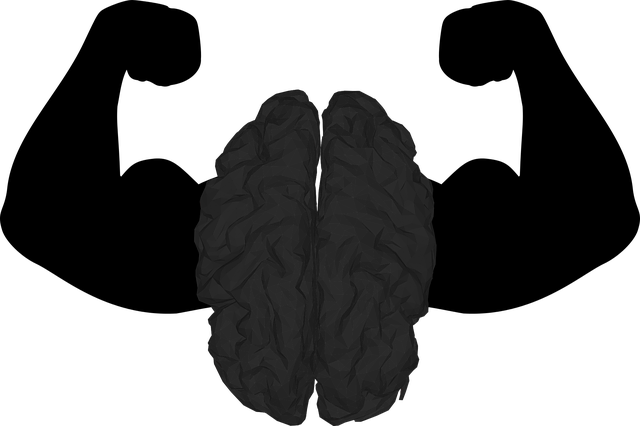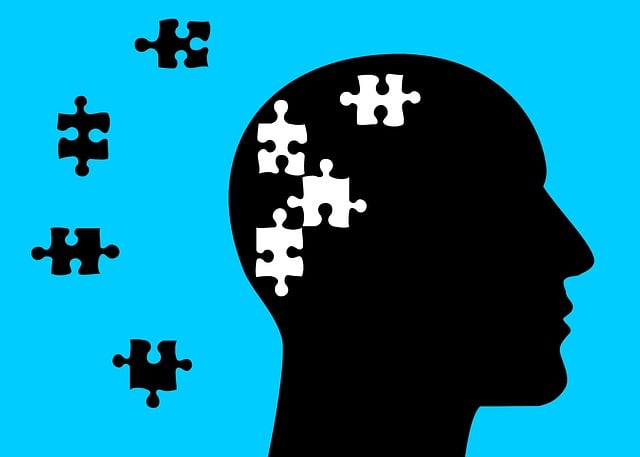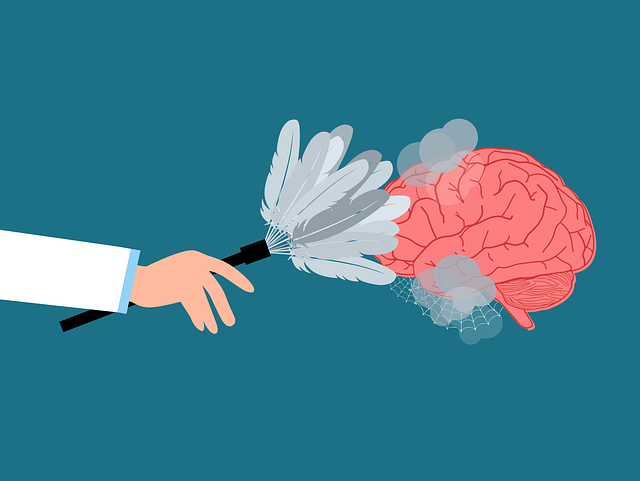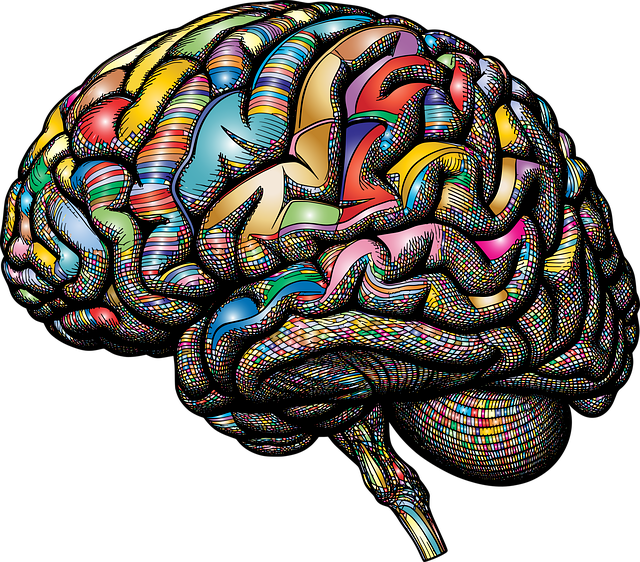Wheat Ridge Hypnosis Therapy champions culturally sensitive mental healthcare, recognizing the impact of heritage on individuals' well-being. They address historical barriers and promote inclusive practices, emphasizing the need for therapists to adapt their approaches to diverse belief systems. Through ongoing training, empathy-building, and risk assessments, they provide tailored care that respects clients' cultural backgrounds, fostering trust and positive outcomes. This culturally responsive approach, as exemplified by Wheat Ridge Hypnosis Therapy, improves patient satisfaction, adherence to treatments, and overall health outcomes.
In today’s diverse society, cultural sensitivity in mental healthcare is paramount. The practice of hypnosis therapy, as seen through the lens of Wheat Ridge Hypnosis Therapy, must adapt to navigate this landscape of cultural diversity. This article explores key areas: understanding cultural nuances in mental health care, the unique challenges posed by providing culturally sensitive hypnosis (Wheat Ridge perspective), and effective strategies for enhancing cultural competence. We delve into how culturally responsive practices significantly impact patient outcomes.
- Understanding Cultural Diversity in Mental Health Care
- Challenges in Providing Culturally Sensitive Hypnosis Therapy (Wheat Ridge Hypnosis Therapy perspective)
- Strategies for Enhancing Cultural Competence
- The Impact of Culturally Responsive Practice on Patient Outcomes
Understanding Cultural Diversity in Mental Health Care

In today’s diverse society, cultural sensitivity is paramount in mental healthcare practices. Recognizing and appreciating the richness of various cultural backgrounds is essential for providing effective treatment. Wheat Ridge Hypnosis Therapy understands that each individual brings their unique perspective, shaped by their heritage, beliefs, and experiences, which can significantly influence how they perceive and engage with mental health services. This awareness fosters a safe and inclusive environment, encouraging open communication and enhancing the therapeutic process.
Mental Health Policy Analysis and Advocacy plays a crucial role in ensuring equitable access to care for all cultures. By understanding the historical and systemic barriers that communities face, such as the Mental Illness Stigma Reduction Efforts, practitioners can develop culturally responsive interventions. These initiatives aim to promote Emotional Healing Processes by bridging gaps and fostering trust between diverse populations and mental healthcare systems.
Challenges in Providing Culturally Sensitive Hypnosis Therapy (Wheat Ridge Hypnosis Therapy perspective)

Providing culturally sensitive hypnosis therapy presents unique challenges, particularly within the context of diverse communities, as recognized by Wheat Ridge Hypnosis Therapy. With a growing emphasis on inclusivity in mental healthcare, therapists must navigate complex cultural territories to ensure effective and ethical treatment. One of the primary hurdles is understanding and respecting varying belief systems and practices, which may differ significantly from mainstream Western approaches. For instance, some cultures have specific rituals or spiritual practices for healing that might not be readily incorporated into hypnosis sessions.
The Wheat Ridge Hypnosis Therapy perspective underscores the importance of adaptability in therapy. This involves a nuanced approach to assess and address cultural barriers to care. Therapists must be vigilant about their own biases and actively seek knowledge about different communities they serve. Moreover, integrating cultural elements from clients’ backgrounds into therapy can enhance engagement and outcomes. The Stress Management Workshops Organization and Community Outreach Program Implementation initiatives play a crucial role in fostering these cultural sensitivities among mental health professionals, complementing the meticulous Risk Management Planning for Mental Health Professionals to ensure safe and culturally competent practice.
Strategies for Enhancing Cultural Competence

Cultural sensitivity is a cornerstone of effective mental healthcare practice, ensuring that clients from diverse backgrounds receive care tailored to their unique needs. At Wheat Ridge Hypnosis Therapy, we believe in fostering an inclusive environment that respects and values every individual’s cultural identity. Enhancing cultural competence involves several key strategies.
Firstly, empathy building strategies are vital. Mental health professionals must strive to understand clients’ perspectives shaped by their cultural beliefs, values, and experiences. Active listening, open-mindedness, and a genuine interest in learning about different cultures can significantly improve client-therapist relationships. Additionally, regular training on burnout prevention is essential to maintain professionals’ cultural sensitivity over time. This includes learning about the potential impact of unconscious biases and how to conduct comprehensive risk assessments for mental health professionals, ensuring both client safety and the therapist’s well-being.
The Impact of Culturally Responsive Practice on Patient Outcomes

Cultural sensitivity in mental healthcare plays a pivotal role in enhancing patient outcomes and fostering trust between healthcare providers and diverse client populations. By adopting culturally responsive practices, such as those offered by Wheat Ridge Hypnosis Therapy, professionals can significantly improve treatment effectiveness. This approach recognizes and values the cultural backgrounds, beliefs, and traditions of individuals, ensuring that care is tailored to meet their unique needs. For instance, for patients from communities with strong collectivist values, involving family members in therapy sessions could be beneficial, promoting better engagement and understanding.
Incorporating culturally sensitive strategies can lead to positive changes like enhanced self-esteem improvement, burnout prevention, and emotional well-being promotion techniques. It helps address potential barriers to treatment, such as language or cultural miscommunications, ensuring that every patient receives personalized care. Research indicates that when mental healthcare aligns with cultural norms and values, patients tend to experience higher satisfaction levels, better adherence to treatment plans, and ultimately, improved health outcomes.
Cultural sensitivity in mental healthcare is not just a preference, but an imperative. As practices like Wheat Ridge Hypnosis Therapy highlight, understanding and respecting cultural diversity can significantly enhance patient outcomes. By acknowledging the challenges within hypnosis therapy and adopting strategies to improve cultural competence, healthcare providers can create more inclusive and effective treatment environments. This approach ensures that patients from various backgrounds experience care that is not only competent but also culturally responsive, fostering better mental health outcomes for all.














